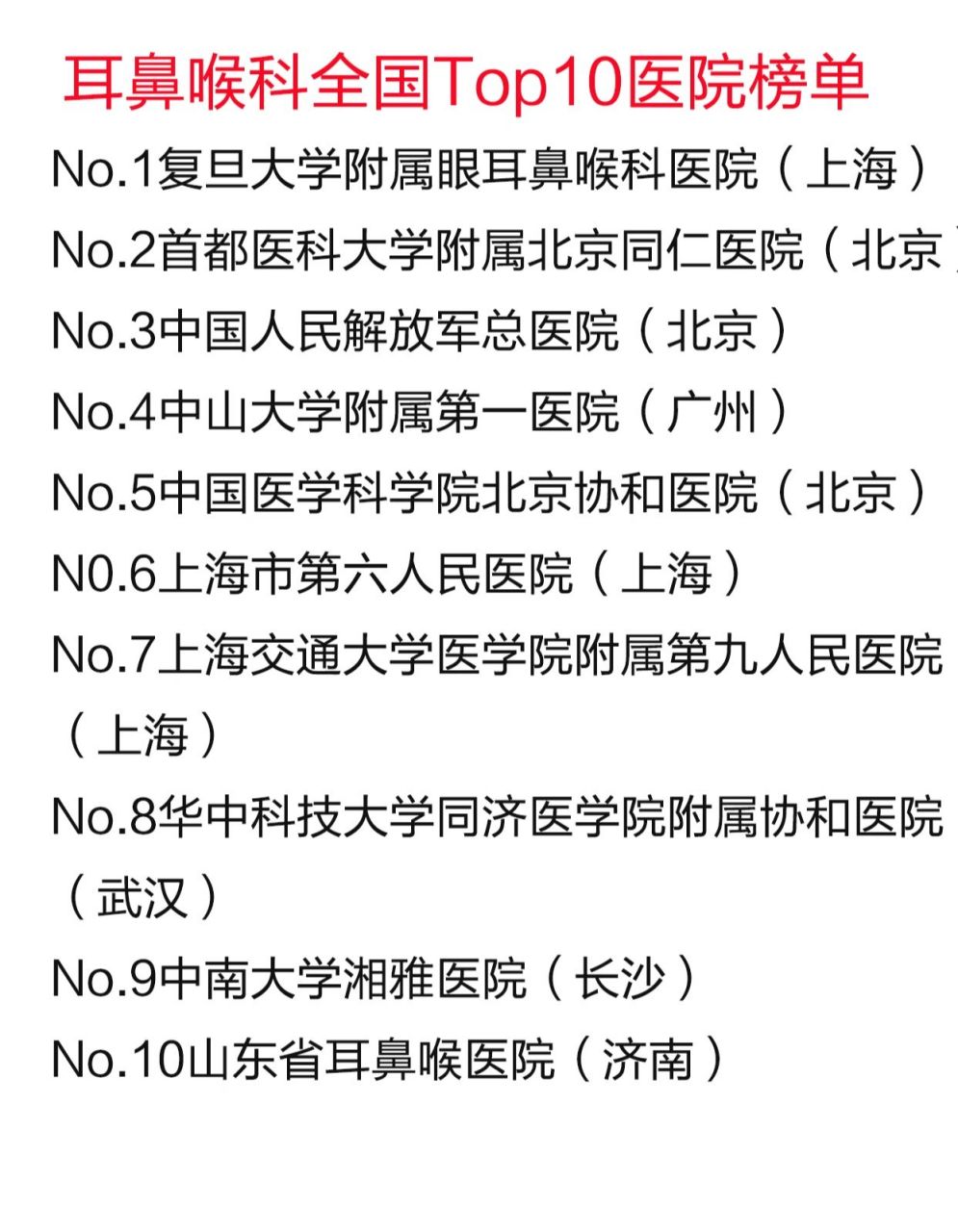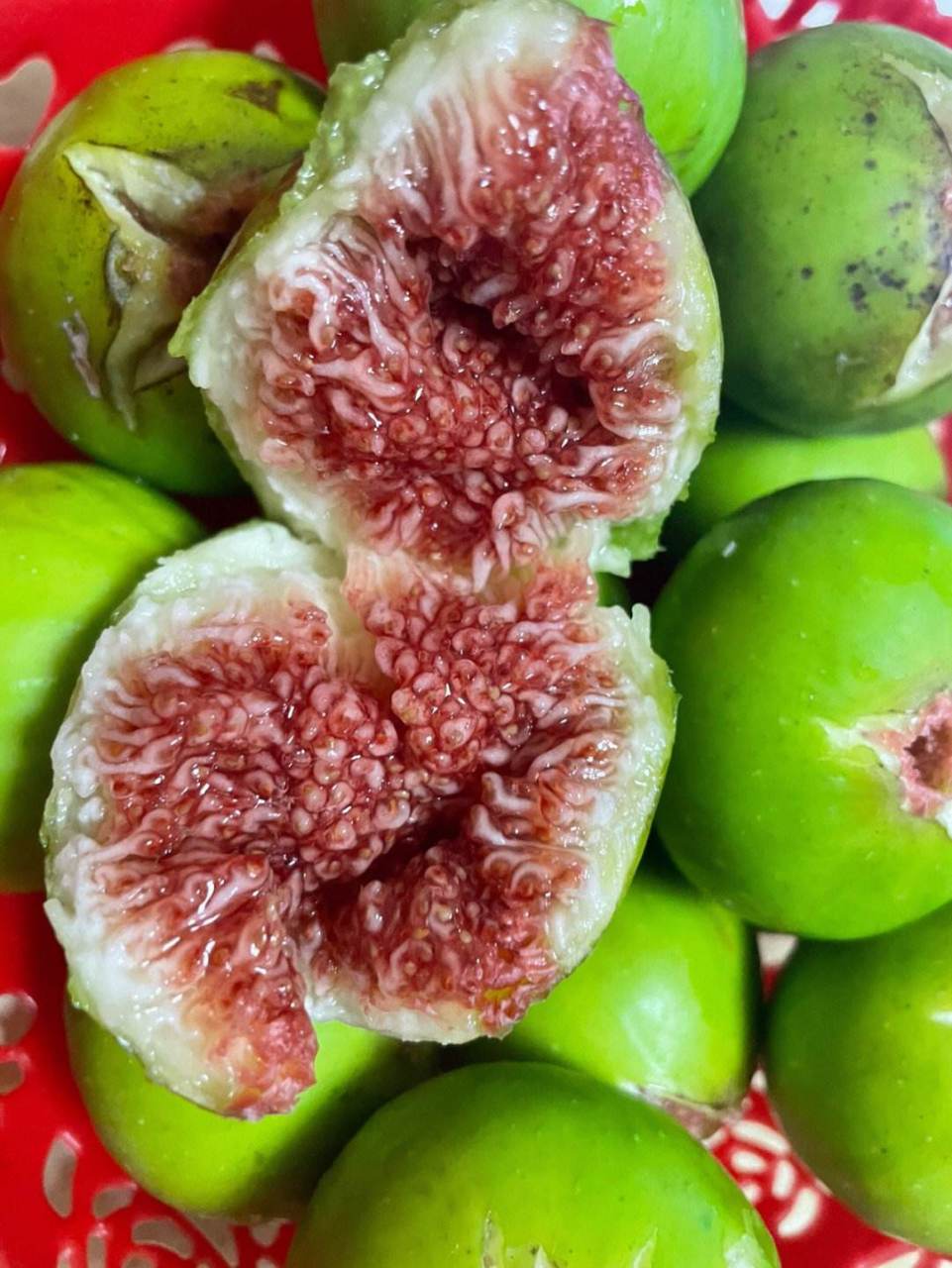
Infant eczema, also known as atopic dermatitis, can be managed with a combination of skincare practices and medical treatments. Here's a general approach to treating infant eczema:
1. Moisturize Regularly: Use a gentle, fragrance-free moisturizer to keep the baby's skin hydrated. Applying moisturizer immediately after bathing can help lock in moisture.
2. Avoid Irritants: Identify and avoid potential irritants that may exacerbate the eczema, such as harsh soaps, woolen clothing, and extreme temperatures.
3. Topical Steroid Creams: For inflamed or infected areas, a healthcare provider may prescribe a mild topical steroid cream to reduce inflammation and itching. It's important to use these medications as directed and to consult with a pediatrician or dermatologist about the appropriate strength and duration of treatment.
4. Cool Compresses: Applying cool, damp cloths to the affected areas can help soothe irritation and reduce itching.
5. Antihistamines: In some cases, an antihistamine medication may be recommended to help control itching, especially at night to prevent scratching during sleep.
6. Probiotics and Omega-3 Supplements: Some studies suggest that probiotics and omega-3 fatty acids may help reduce the severity of eczema in infants. Discuss with a healthcare provider whether these supplements could be beneficial for your baby.
It's crucial to work closely with a healthcare provider when treating infant eczema, as they can provide personalized advice and monitor the baby's progress. Early intervention and consistent skincare practices are key to managing eczema and minimizing discomfort for the baby.











